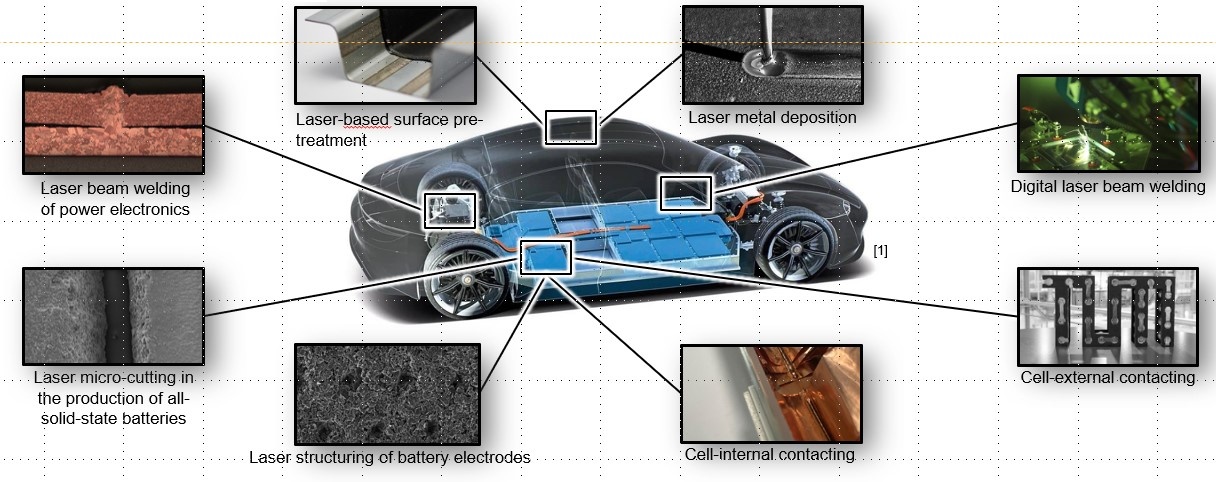 | |
Project Overview | Project Code: ED 16 |
|---|---|
| Project name: | Laser-Based Manufacturing Process in Hydrogen and E-Mobility |
| TUM Department: | ED - Mechanical Engineering |
| TUM Chair / Institute: | Institute for Machine Tools and Industrial Management (iwb) |
| Research area: | production technology |
| Student background: | Aerospace / GeodesyComputer ScienceComputer Science/ InformaticsElectrical EngineeringMechanical EngineeringPhysics |
| Further disciplines: | |
Planned project location: | Boltzmannstraße 15, 85748 Garching bei München |
Project Supervisor - Contact Details | |
|---|---|
| Title: | M.Sc. |
| Given name: | Pawel |
| Family name: | Garkusha |
| E-mail: | Pawel.Garkusha@iwb.tum.de |
| Phone: | +49 1578 4039262 |
Additional Project Supervisor - Contact Details | |
|---|---|
| Title: | |
| Given name: | |
| Family name: | |
| E-mail: | |
| Phone: |
Additional Project Supervisor - Contact Details | |
|---|---|
| Title: | |
| Given name: | |
| Family name: | |
| E-mail: | |
| Phone: |
Project Description | |
|---|---|
| Project description: | Initial situation |
| Working hours per week planned: | 35 |
Prerequisites | |
|---|---|
Required study level minimum (at time of TUM PREP project start): | 3 years of bachelor studies completed |
| Subject related: | - Basic programming skills preferably (MatLab or Python) |
| Other: | - Interest in systems theory and control engineering |